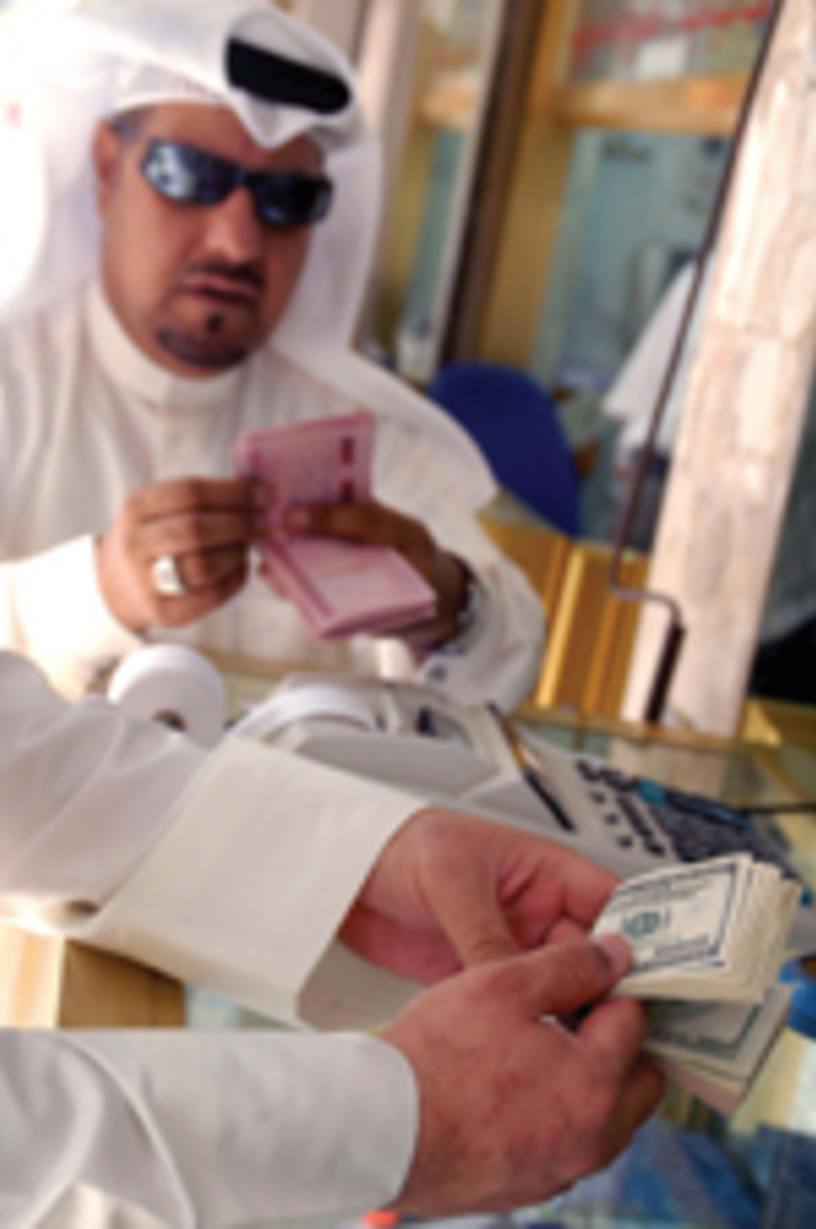It has been a year of economic decline and financial market turmoil in the Gulf Co-operation Council (GCC) countries. Reduced demand for oil and gas has suppressed prices and hit the revenues of the region's hydro-carbon producers. The property market in the United Arab Emirates (UAE), where the bubble burst last year, is still in a downward spiral. The UAE announced in May that it would not be joining the GCC single currency, knocking the project, which was due to start in January 2010, off track.
Banks across the GCC have been writing off bad loans and making provisions for further losses, perhaps their most high-profile exposures being to two Saudi Arabian family companies, Algosaibi and Saad Group. And Kuwait's Global Investment House, one of the region's largest investment banks - part-founded and run by Maha Al-Ghunaim, last year ranked by Forbes as the 89th most powerful woman in the world - has been badly affected by the wider economic and financial malaise.












